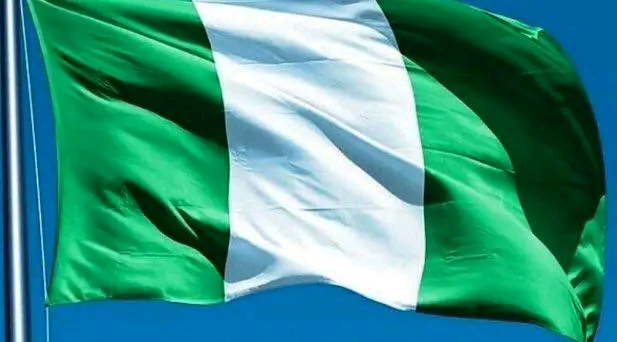Ghana has taught both Nigeria and the US a masterclass in electoral integrity and democratic maturity in its just concluded election.
For Nigeria, the takeaway is that electoral integrity is the cornerstone upon which trust and order rest. When an election is conducted with the meticulous precision of a weaver at a loom — its threads immune to manipulation — it becomes easier, even dignified, for the loser to accept defeat.
In Nigeria, elections are often rigged with the flamboyant audacity of a masquerade that steals the village show. Even victories that should have been won without contest are besmirched by fraud.
Recall 2003, when Olusegun Obasanjo had no credible cause to fear Muhammadu Buhari’s challenge because Buhari’s electoral appeal didn’t extend beyond the Hausaphone Muslim North, which wasn’t sufficient to win a national mandate.
Yet, somehow, Obasanjo garnered more votes in Ogun State, his home state, than the number of registered voters there.
The 2007 election was even more farcical. Umar Musa Yar’adua, who benefited from his identity as a Hausa-speaking northern Muslim, stood a solid chance against Buhari’s limited regional appeal, yet Obasanjo, in his relentless appetite for political theater, rigged the election to such grotesque proportions that even Yar’adua, the beneficiary of the fraud, could no longer ignore the putrid stench of illegitimacy that wafted through it and publicly apologized for it.
Ghana, by contrast, has kept its electoral compass unerringly true. The recent concession of defeat by the current vice president and ruling party candidate, before the last official ballots were declared, was a spectacle of political grace.
It was akin to a man surrendering a chess game with dignity, rather than upending the board and scattering the pieces.
Herein lies a lesson for Donald Trump, who, in his refusal to concede defeat in 2020, shattered the venerable tradition of American electoral decorum.
To be fair, it is not America at large that needs this education; it is Trump himself, the solitary outlier in a nation long accustomed to political maturity and the peaceful handover of power.
For more than three decades now, Ghanaians have proven that political transitions need not be marred by rancor, that victory can be worn with humility, and that defeat, when gracefully accepted, carries its own quiet dignity.
In a continent where democracy often limps and stumbles like a man with a splintered leg, Ghana’s democracy moves with the poise of an athlete who has trained well for the marathon of governance.
It is a lesson written in bold ink, one that Nigeria would do well to study with urgency.






























